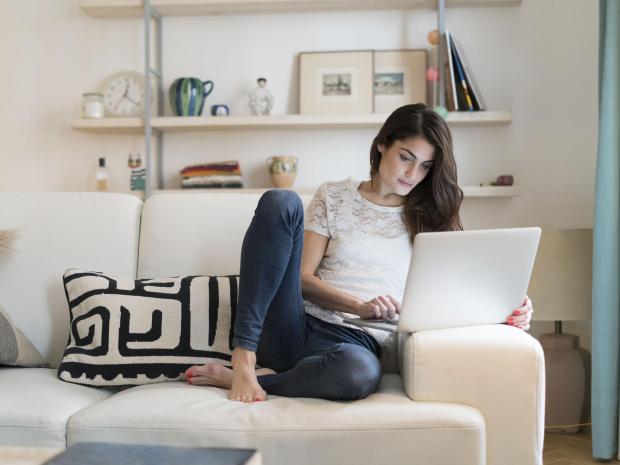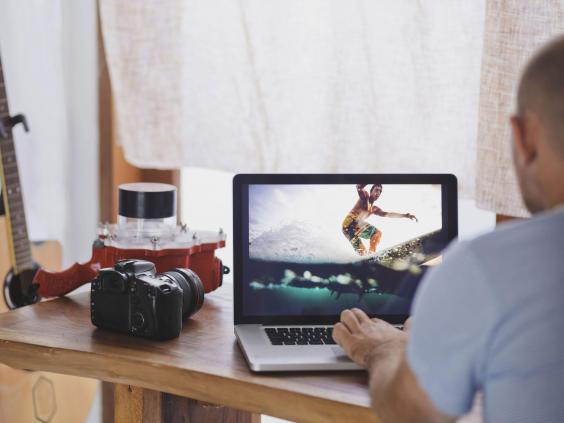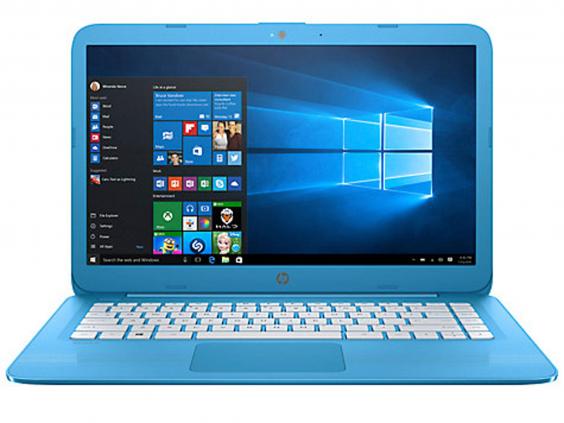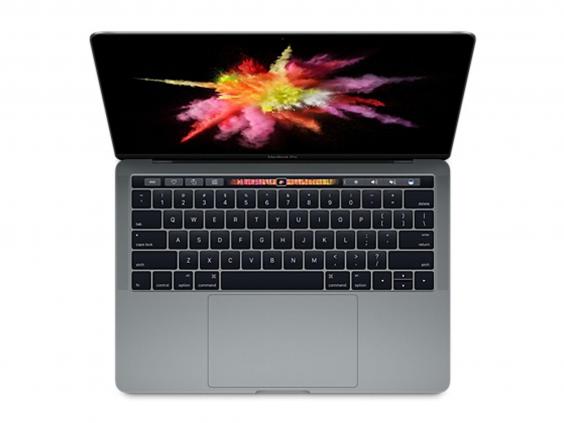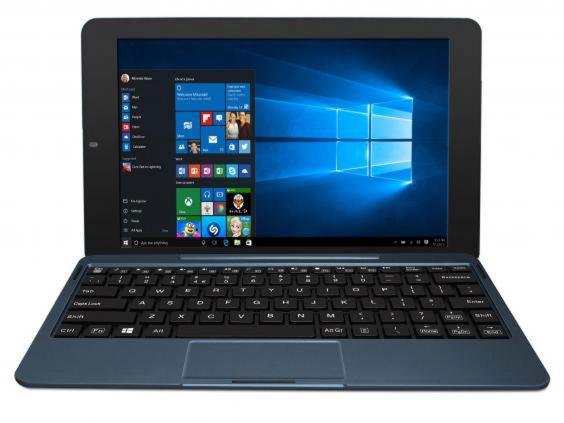
It used to be simple: everyone had a Windows laptop unless you wanted to pay a premium for a Mac. Now there are pricey Windows machines, super-affordable Chromebooks and Apple’s prices keep on rising. But there’s more to consider: style, weight, screen size and resolution, build quality, processor speed and availability of the right programs. Read on for the best route through the minefield.
Contents
Types of laptop and operating systems
The simplest way to start thinking about the kind of laptop you want is to pick an operating system. If you want macOS, the most intuitive and elegant of the software systems, you can only choose an Apple machine. The widest range of programs and applications are available on Windows laptops, so if there’s a program you need that’s only available on Windows, that’s the choice made for you. And if you only need the laptop for word processing, web browsing and so on, you might be able to manage with a Chromebook. Here we explain the main types in more detail.
Windows
These are still the most widely used computers, by far, thanks to the enormous range of applications and most familiar interface. The latest version, Windows 10, combines traditional PC styling (a desktop with folders of programs) with a tablet-style look of app icons arranged on a grid. It also works with hybrid laptops where the screen detaches or folds back on itself to work like a tablet. Windows machines are available with or without touchscreens so that may be a consideration. Microsoft makes the software and more recently has created a small but excellent range of hardware too – the Surface series.
Chromebooks
Google’s OS is slick and simple. It was originally designed to work only when your laptop was connected to the internet. The premise was that all the heavy processing would be done in the cloud so there was no need for a powerful chip in the laptop, thus reducing costs greatly. But the Achilles’ heel was that offline the hardware was very limited. Now, though, the main programs (Google’s email, document, spreadsheet and presentation software) largely work when you’re offline, too. Some Chromebooks work with Android apps as well. Google makes its own Chromebook called Pixel.
MacBooks
Apple makes the hardware and software for its computers, resulting in an integrated system which works beautifully. The MacBook Air was a game-changer – a laptop so slim and light it was first revealed when then Apple CEO Steve Jobs slid it out of an envelope. The range is small: as well as the Air there is the MacBook and the extra-powerful MacBook Pro, which has great innovations like the Touch Bar. This is where the top row of function keys is replaced by a narrow touchscreen where the virtual buttons change according to what you’re doing. The Pro range is far from cheap, mind. There are no touchscreen MacBooks, nor any with a slot for a sim card for continuous internet access.
Laptop features
Make sure you look out for the following relevant features when buying.
Screen size and weight
Do you only plan to use this laptop in your study, or do you want to be able to carry it around the house or take it with you everywhere? Once you’ve decided that, other things flow from it. If you know for sure that on your desk is the main place to work, you can plump for a bigger screen and a heavier machine, which can be cheaper. But a lighter, smaller laptop is best if you want to throw it into your carry-on to check your email on holiday – though please remember, it’s meant to be a holiday.
Purpose
If you only need to check your email, post a Facebook update, browse the internet, write letters or do your accounts, then you can manage with a pretty basic machine. You can snap up a Windows laptop or a Chromebook for under £200, while the cheapest Mac laptop is the MacBook Air at £949 – though note that the Mac has great build quality, a better processor and is good value for what it offers.
Power and Memory
The more powerful the laptop processor and the greater the active memory (called RAM), then the faster your laptop will run. A slower processor is cheaper but might feel slow and unresponsive. Similarly, you need storage – even on a Chromebook where some storage is managed in the cloud. There are two types of storage: a traditional hard drive or a slimmer, lighter, faster and (guess what?) much more expensive Flash memory. As a guide, if you go for Flash memory get at least 128GB and if you opt for a hard drive choose 512GB as a minimum.
Battery life
You’ll be using the laptop without mains electricity at least some of the time so be sure to check battery life. Many last a full working day with ease but some, especially at the lower end of the price range could conk out way before that – not good if you’re planning to watch movies on a long train journey, say.
Connectivity
All laptops have wi-fi. Some additionally have space for a sim card so you have more widespread internet access, though as said before, Apple doesn’t have this on its machines. But connectivity also means there are sockets on the machine. Most have USB sockets (though sometimes only one) and many have a slot for a camera’s memory card.
The latest MacBook and MacBook Pro models only have a headphone jack and only one other kind of connector called USB-C. This handles power as well as data and is certainly the way of the future, but for now it means you’ll need an adaptor to plug in anything with another connector on it.
Laptop reviews
From high-end to budget to ones best for kids, we’ve tested a range of laptops to find out which ones are worth buying. Here, we’ve picked out a few of our most popular reviews.
1. HP Stream 14: £230, Very
- Good budget option
- 14 inch screen and 32GB of storage (can add extra using SD memory card)
- Battery lasts for eight hours
- Reasonably lightweight
Find out more about budget laptops
2. Apple MacBook Pro with Touch Bar: From £1,749, Apple
- Brilliant new Touch Bar technology which can be customised
- Super-slim and lightweight
- Trackpad and keyboard is comfortable to use
- Up 10 15 inch display and has high resolution
- In-built fingerprint sensor on power button
Find out more about high-end laptops
3. Venturer Bravowin S: £199.99, Argos
- Excellent laptop for kids
- Reasonably priced
- Robust
- Tablet and laptop as screen detaches from keyboard
- Eight-hour battery life
- Lightweight
Find out more about laptops for kids
Follow IndyBest on Twitter and Pinterest
IndyBest product reviews are unbiased, independent advice you can trust. On some occasions, we earn revenue if you click the links and buy the products, but we never allow this to bias our coverage. The reviews are compiled through a mix of expert opinion and real-world testing
[“Source-independent”]

